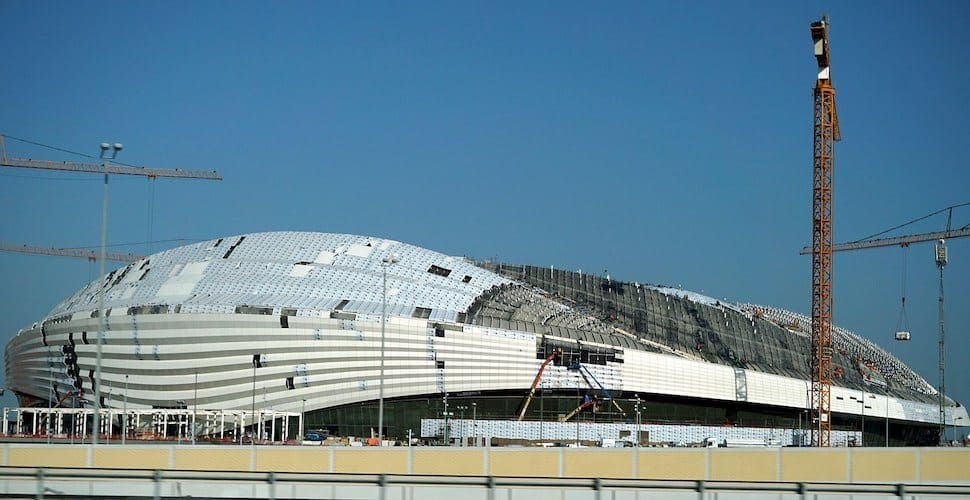The exploitation of workers continues in Qatar despite World Cup organizers saying they had introduced measures since 2014 to protect health and safety.
As part of its investigation into the treatment of migrant workers in Qatar’s private security sector, Amnesty International disclosed its new report They think that we’re machines, which documented the experiences of 34 current or former employees of eight private security companies in Qatar.
The findings of the investigation are undeniable: security guards are working in conditions that amount to forced labor, including on projects linked to the 2022 FIFA World Cup. And despite the labor reforms of the kafala sponsorship system, abuses in this sector remain systemic and structural.
Stephen Cockburn, Amnesty International’s Head of Economic and Social Justice, pointed out to the press:
“Despite the progress Qatar has made in recent years, our research suggests that abuses in the private security sector — which will be increasingly in demand during the World Cup — remain systematic and structural. FIFA must focus on doing more to prevent abuses in the inherently perilous private security sector, or see the tournament further marred by abuse.”
The findings and the “survival of the fittest”
In the report, the guards, all migrant workers, described routinely working 12 hours a day, seven days a week – often for months or even years without a day off.
Most said their employers refused to respect the weekly rest day which is required by Qatari law, and workers who took their day off anyway faced being punished with arbitrary wage deductions. One man described his first year in Qatar as ‘survival of the fittest’.
Among the findings that came from interviews, the Independent highlights several facts that demonstrate that private security companies failed to meet their responsibility to respect human rights under international standards and have breached various provisions of Qatar law:
- Pay discrimination on the basis of nationality, race and language.
- Substandard and “unsanitary” living conditions with up to 10 people sharing cramped rooms.
- A high number of security guards working 12 hours a day, with no days off, for months and even years on end.
- Workers being threatened with large salary deductions if they wanted to take rest days.
- Huge fines for mistakes at work.
- Forced work outside without shelter in searing heat.
- Half of the security companies are not paying overtime at the rate required by law.
What does FIFA have to say?
Amnesty concluded that neither FIFA nor the Supreme Committee conducted adequate due diligence before contracting the security companies, and they compounded this failing by not identifying and addressing abuses in a timely manner.
The world football’s governing body agreed to meet with Amnesty and in FIFA’s response dated February 22, declared that it does not accept any abuse of workers by companies involved in the preparation and delivery of the World Cup. Following inspections during the Club World Cup and Arab Cup, contractors that failed to comply with the required standards were identified and the issues found were addressed on the spot.
The state of play for labor rights in Qatar
Ahead of the World Cup in November, pressure is on for the Qatari government to step up protections for the two million migrants working in the country. More than 6,500 migrant workers allegedly died in the decade after Qatar was selected to host the World Cup. These deaths, reported in February 2021 by the Guardian, were said to be due to heatstroke, falls and “natural causes”.
Although the government holds the ultimate responsibility for reforms, activist are calling on the Federation Internationale de Football Association (FIFA) and the event’s commercial sponsors, including Coke and Adidas, to put pressure on the government to act.
Everyone can be part of the solution to reform the labor system of Qatar. Sign the petition today.







Freedom United is interested in hearing from our community and welcomes relevant, informed comments, advice, and insights that advance the conversation around our campaigns and advocacy. We value inclusivity and respect within our community. To be approved, your comments should be civil.